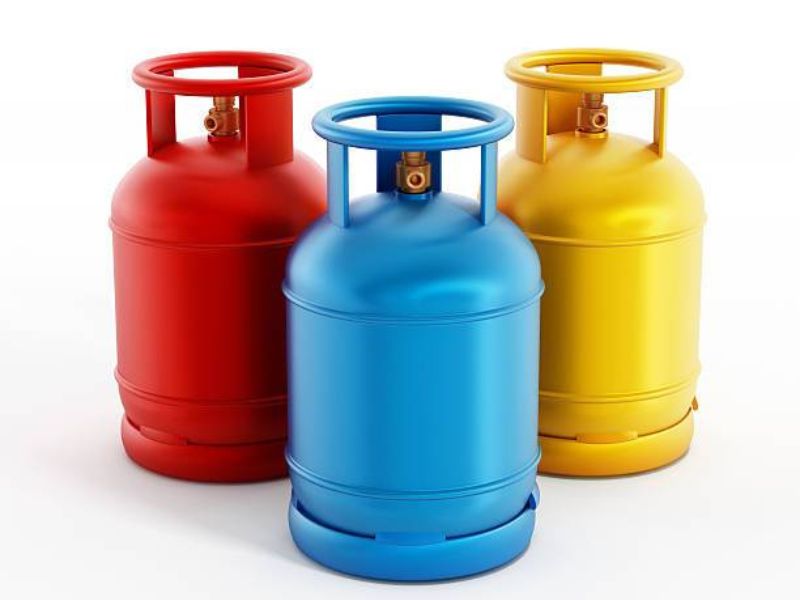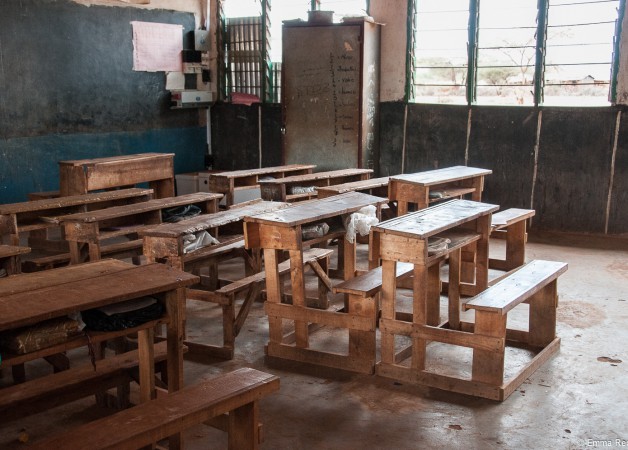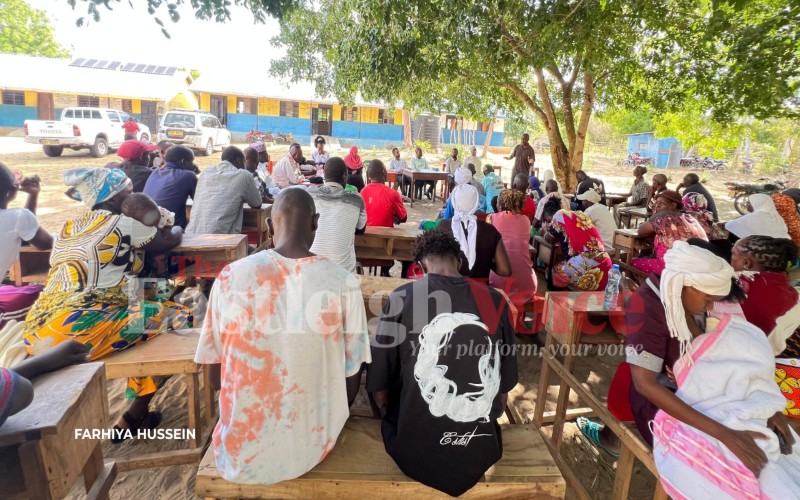State set for inspection to weed out illegal gas dealers

The government has tightened measures since the Embakasi East explosion in February, which left at least seven people dead.
In a fresh effort to save Kenyans from fatal accidents associated with gas cylinder explosions, the government has announced its intention to assess and audit all gas cylinder dealers countrywide.
The government has tightened measures around the sale of gas and other such products following an explosion in Embakasi East, Nairobi, in February this year that left at least seven people dead.
More To Read
- Kenya records five-year peak in electricity demand amid shift to renewable energy
- EPRA shuts 12 filling stations for selling adulterated and export-bound fuel
- Kenya to require foreign oil firms to partner locally under new EPRA regulations
- Motorists demand full refund of road levies, say fuel price hike illegal
- EPRA shuts down illegal gas refilling plant in Mombasa's Majengo in multi-agency raid
- EPRA raises LPG entry bar to 30,000 cylinders for dealers to curb cartels
The Energy and Petroleum Regulatory Authority (EPRA), in a call for applications from specialists to conduct the exercise, said more than 4,300 petroleum and liquid petroleum gas (LPG) retail outlets were set for special quality audits following rising concerns about the disregard for safety by some operators.
EPRA said the audit would involve technical safety checks and result in the creation of an inventory of all petroleum and LPG retail outlets.
"The purpose of the assignment is to ensure that EPRA collects all the requisite data, including compliance status for petroleum and autogas retail stations and consumer sites, to enforce conformity to set standards and codes and thereby ensure the protection of the environment and safety for the general public," the regulator said in the tender call.
The assignment will involve scheduled physical visits to over 4,300 petroleum retail stations and consumer sites in Kenya, technical assessments, the recording of audit findings, and the preparation of detailed audit reports for EPRA's attention.
"There are about 4,300 petroleum retail stations distributed in all 47 countries. The majority of these do not have the requisite construction permits or operational licenses as required by law. Most are, therefore, not known to EPRA by location, ownership, or compliance status," the authority said.
"We are looking at tracking the cooking gas cylinders, which will help us monitor them from source to destination. This will start in June. We have a deadline for tracking every kilo of imported LPG to know where it ends up," said Edward Kinyua, EPRA's petroleum and gas director.
Last month, EPRA revealed that it had launched a crackdown on facilities that were selling LPG illegally in Nairobi and that it had already visited more than 50 sites and shut down 21 that did not adhere to rules and regulations.
The crackdown was conducted in collaboration with the Interior Ministry, under the Rapid Results Initiative.
In addition, EPRA called on the public to raise the alarm about any suspected facilities that sell LPG illegally.
"Let us all play our part in promoting safety and compliance by reporting any suspected cases of illegal LPG and petroleum facilities. Stay safe and compliant," the authority said.
According to the Petroleum Act (Liquified Petroleum Gas) Regulations of 2019, dealers who fail to maintain proper records of their sales face a fine of Sh50,000.
"Get an Electronic Tax Register (ETR) receipt for every purchase of a refilled LPG cylinder. By law, every sale of a refilled LPG cylinder is required to capture the details," EPRA stated.
Top Stories Today












































